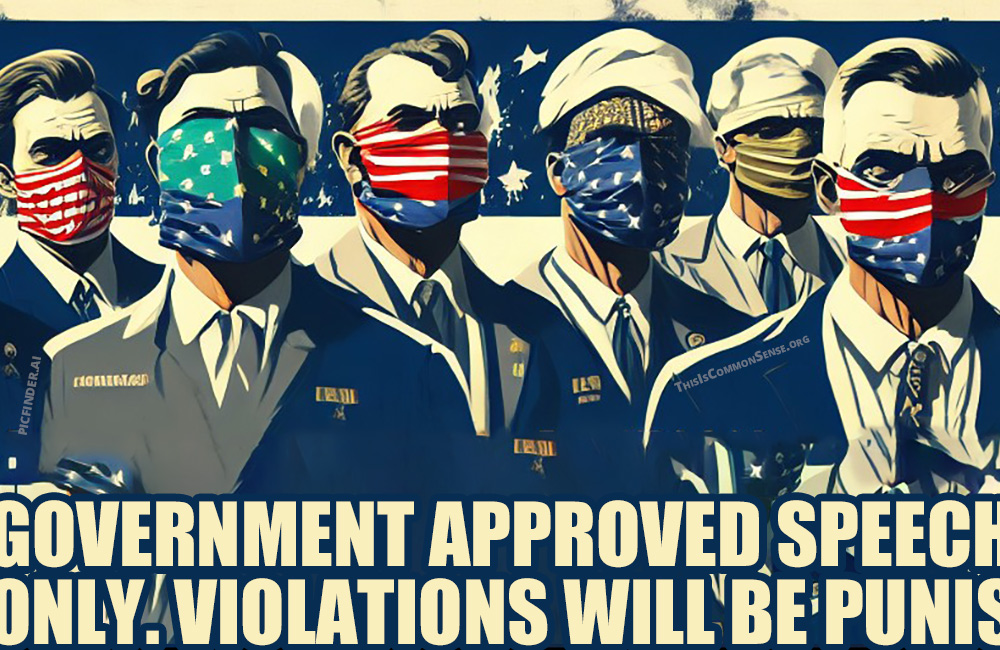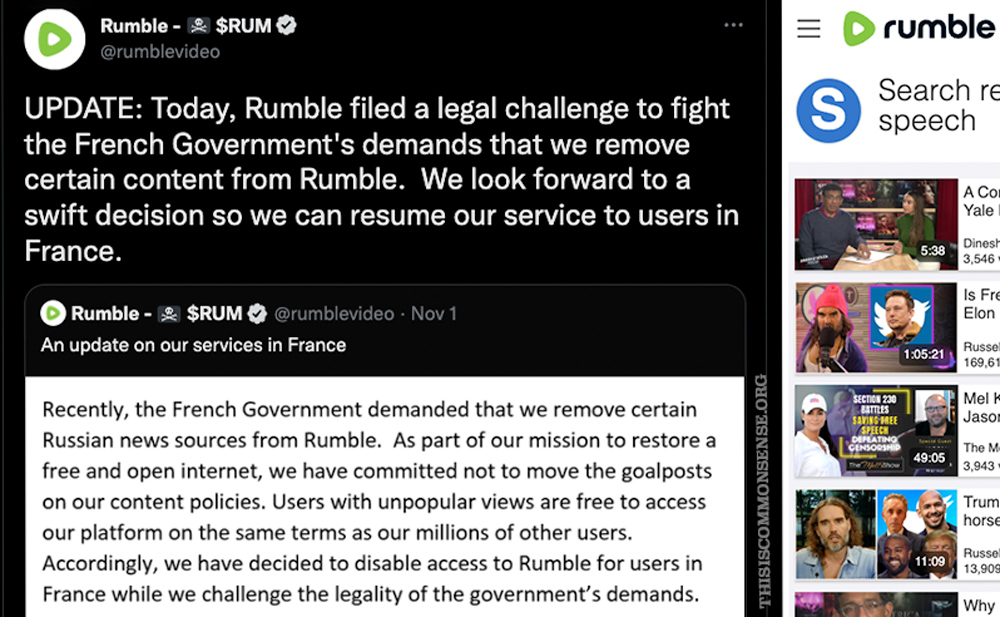“I applaud the students, staff and faculty who rallied quickly to host alternative inclusive events, protest peacefully and provide one another with support at a difficult moment,” declared San Francisco State University President Lynn Mahoney on Monday.
The “difficult moment” she refers to? A talk on campus by All-American swimmer Riley Gaines, sponsored by Turning Point USA. Gaines was speaking out against “transgender women” (biological men) competing in women’s sports.
President Mahoney did finally acknowledge that the event was followed by “a disturbance,” which “unfortunately” “delayed the speaker’s departure.”
In fact, Gaines wasn’t able to leave for hours, until nearly midnight . . . when, as CNN reported, “the San Francisco Police Department sent officers to disperse the crowd.” Gaines says she was “physically assaulted,” “struck twice,” with video confirming a very threatening situation.
“We are reviewing the incident,” Mahoney assured, “and, as always, will learn from the experience.”
No arrests have been made. They should be. That’s the teachable moment we need.
SFSU’s president did acknowledge that what occurred last week was “deeply traumatic.” But she meant the event itself, which she claimed “advocated for the exclusion of trans people in athletics.”
That isn’t true. Gaines and many (if not most) folks involved in the controversy simply want collegiate sports separated by biological sex and not by gender identity.
Let’s realize that these Antifa-esque “trans activists,” the ones who threaten to beat up women, do not speak for all transgendered people — certainly not those I know and love. Their goal is clearly not harmony but the very opposite.
The solution is simple: Love for trans folks, common sense public policies, and jail for the thug attackers of free speech.
I’m Paul Jacob.
Illustration created with PicFinder.ai
—
See all recent commentary
(simplified and organized)






